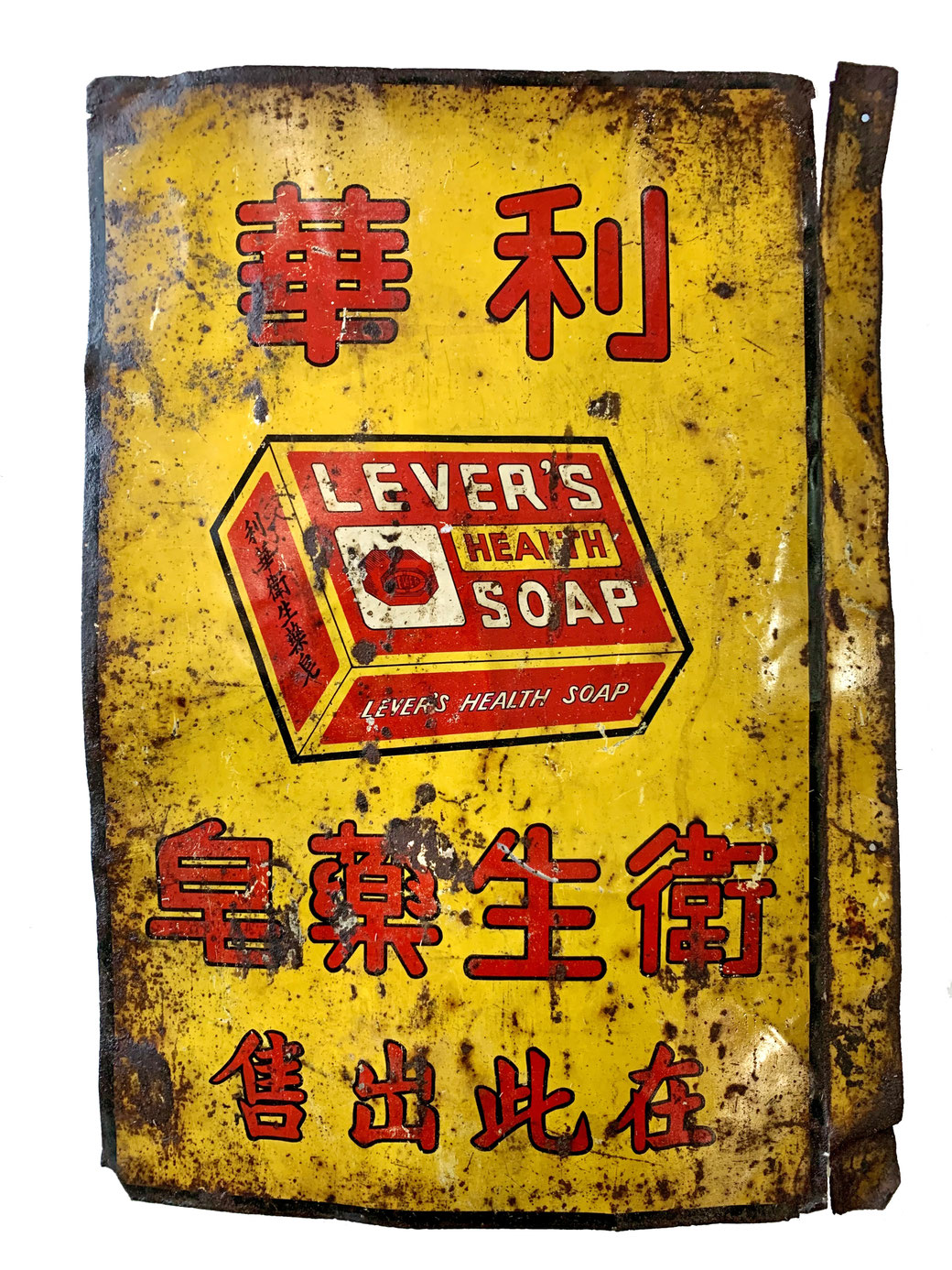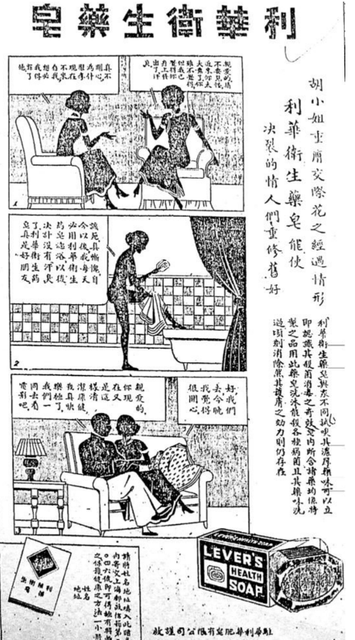

When British Lever Brothers launched Lifebuoy soap in 1894, it was with a mission to ‘make cleanliness commonplace’. This was important because in Victorian England infectious diseases were the number one cause of death. Lifebuoy came to the rescue with an effective antibacterial soap which was affordable and widely available.
The company first entered China in 1911 when the newly created 'Lever Brothers China' - or LBC (利华肥皂有限公司) took over from treaty port agents the distribution of Lever Brothers soap to wholesale dealers. By 1915, LBC managed about thirty percent of all British soap exports to China, had a head office in Shanghai, a branch office in Canton, and agency and sale depots in ten cities scattered all over China.

Because the concept of a lifebuoy was not commonly known in China, the brand was instead localized as “Lever’s Health Soap”, with its Chinese name emphasizing the medical value proposition even more, literally translating to “Lever’s Hygiene Medical Soap” (利华卫生药皂).

The Chinese word for hygiene “weisheng”, in fact had a much wider connotation than it’s English meaning:
By the turn of the twentieth century, nationalist Chinese reformers, anxious to meet foreign standards, had begun to recast local hygiene precepts. Until then, the expression weisheng referred to the various regimes of diet, meditation, and self-medication that individuals exercised in order to guard their health.
However, as Chinese intellectuals debated how their country could achieve modern status, the meaning of weisheng "shifted away from Chinese cosmology and moved to encompass state power, scientific standards of progress, the cleanliness of bodies, and the fitness of races".
By 1923, LBC, now operating under the name 'China Soap Company', to mitigate anti-foreign prejudice, began to manufacture toilet and laundry soap in its own factory located in the industrial area of Shanghai's International Settlement – see our field report on the factory’s remains here. Lever's China Soap Company set up an extensive 'up-country' distribution system using depots, agents, sub-depots, and sub-agents employing local dealers to market the six brands of soap the company manufactured: Sunlight, Health Soap, Lux, Swan, Velvet, Skin, and Zulu.
In September 1929, Unilever was formed by a merger of the operations of Dutch Margarine Unie and Lever Brothers, named as a blend of the two firms' names. Nonetheless in China the iconic Health Soap was continued to be advertised under the Lever brand.

After the Communist liberation in 1949 the China Soap Company factory was, as all foreign businesses ultimately were, turned over to the government on July 1st 1952 and nationalized. In July 1957 it was renamed "Shanghai Soap Factory" (上海制皂厂). Finally startin 1959 several other nationalized Chinese soap factories were merged into the Shanghai Soap Factory, incl. in 1960 Unilever's old Chinese copy-cat competitor, the notorious Central Soap Works (中央香皂厂).
The combined enterprise still exists today under the name Shanghai Soap Co., Ltd. and is one of Chinas largest producers of soap, including being manufacturer of the “Shanghai Medical Soap”, who’s design to this day bears a striking resemblance to the old Lever Hygiene Medical Soap…






Write a comment